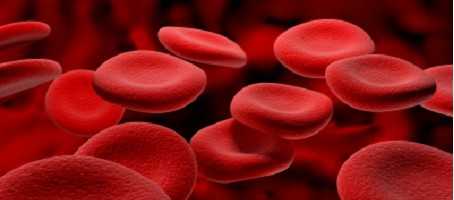Researchers in Sweden have developed a new technique which could significantly increase the availability of donor cells for transplantatio, including for people with diabetes.
Whilst the research is at an early experimental stage, the new technique holds potential for application in people with type 1 diabetes, as well as type 2 diabetes.
Currently, a small number of patients receive islet cell transplants each year. The islet cells are the cells in the pancreas that are responsible for producing insulin. Only a small number of transplants are carried out each year, partly because of the cost of transplantation but also as a result of the scarcity of donated human islet cells.
Islet cell transplants are only offered to those with a pronounced clinical need such as people that produce little or none of their own insulin and are having regular problems as a result of difficulties in controlling their blood glucose levels.
The problem with islet cell transplants has been that donated cells need to be collected immediately after a death. The new technique, however, avoids this need by using a single stem cell from an embryo of eight cells. Research has shown that embryos can survive having a single cell removed, even at such an early stage. It’s important to note as well that embryos for IVF are screened for abnormalities before being implanted into the woman’s uterus.
The key advantage of using an embryonic stem cell is that the cell can be developed into any kind of body cell, including the islet cells of the pancreas. In addition, a large number of cells can be grown in this way through careful cultivation in a laboratory.
The new research is an important step forward but people with diabetes, hoping for a transplant, should bear in mind that there are a number of barriers in front of the treatment becoming used, including legislation in different countries as to the use of stem cells. In addition, as the research is at an experimental stage, the technique will require extensive testing and approval before it can be considered as a routine treatment.
What's new on the forum? ⭐️
Get our free newsletters
Stay up to date with the latest news, research and breakthroughs.







